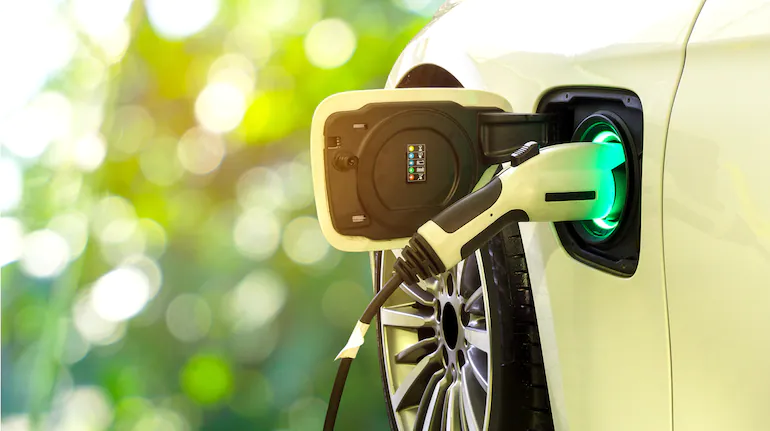According to transport minister Kailash Gahlot, the Delhi government decided on Saturday to extend the Delhi Electric Vehicles (EV) Policy to December 31, 2023. According to Gahlot, the Delhi cabinet, which is chaired by Chief Minister Arvind Kejriwal, has approved an extension of the policy through December 31st, or until Delhi EV policy 2.0 is announced, whichever comes first. “Every incentive and subsidy provided under the current policy will stay in place. Delhi EV policy 2.0 is nearing completion, and Gahlot stated that notification of the requisite permissions will follow shortly.
The Delhi Electric Vehicle Policy was put into effect in August 2020 and terminated on August 7, 2023. This caused a brief void in which all EV registrations in the Capital were suspended for two days, forcing the government to continue the policy’s provisions until additional directives.

The details of the Delhi Electric Vehicle Policy
The Delhi Electric Vehicle Policy, one of the Aam Aadmi Party (AAP) government’s signature initiatives, was introduced on October 22, 2020, with the goal of reducing vehicular emissions in order to combat the city’s high levels of air pollution. By implementing two significant modifications, the strategy aimed to accomplish this goal by causing a paradigm shift in the capital’s transportation industry.
First, the state government started a significant transition from CNG-powered public buses to electric buses. Currently, 800 of the 3,700 buses operated by the Delhi Transport Corporation (DTC) in the Capital are electric. Additionally, the government has pledged to replace the CNG buses that will be phased out of the fleet with entirely electric buses.
The second significant move involved enticing locals to switch to electric cars by offering subsidies. By 2025, the initiative wants 25% of all newly registered vehicles in Delhi to be electric. Two-wheelers are eligible for a subsidy of 5,000 rupees ($5,000 maximum) per kWh of battery capacity under the Delhi government’s Electric Vehicle program.
No matter how expensive they are overall or how much battery they have, three-wheelers are eligible for a subsidy of 30,000 per vehicle. As it was only granted for the first 1,000 e-cars that would get registered under the scheme, the four-wheeler incentive is no longer relevant. The Delhi government has approved a ₹10,000 per kWh battery capacity subsidy for four-wheelers, up to a maximum of ₹1.5 lakh.
The capital saw the procurement of 129,000 Electric Vehicles between August 2020 and June 2023. With the help of public-private partnerships, over 4,500 charging stations and 250 battery switching stations have been installed in Delhi to date.


